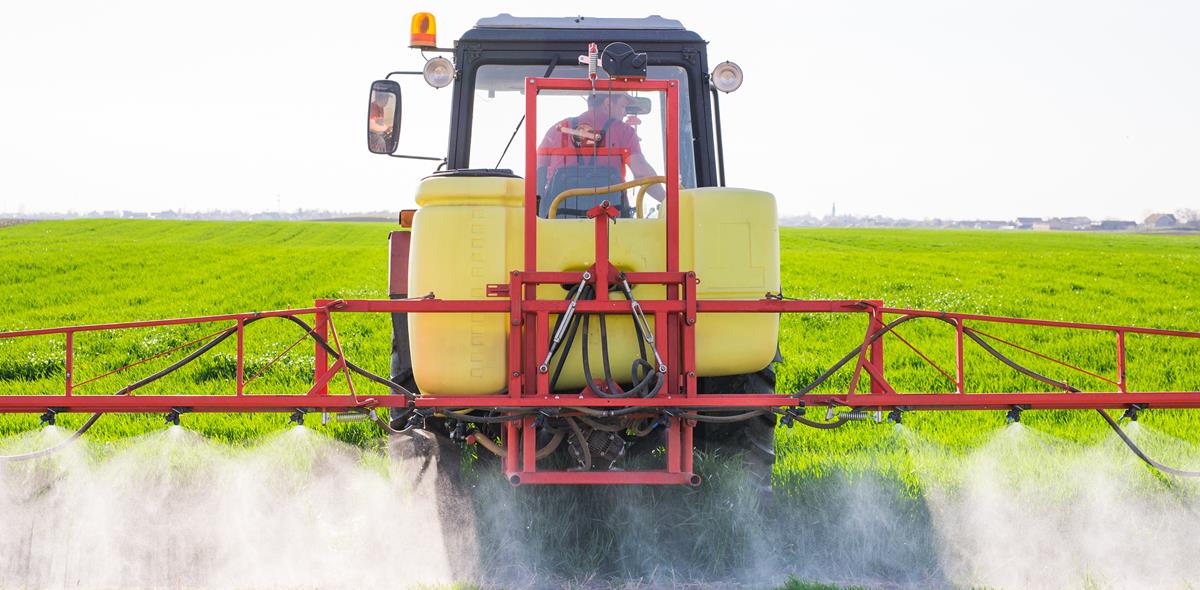Now is the ideal time for farmers to be taking out the sprayer. It is around this time in the season when weeds are young and actively growing that they are at the most manageable stage and a lot easier to control.
This is particularly in relation to docks, because they are at the rosette stage – when they are easiest to kill.
The weather for tomorrow and the early days of next week is set to be mainly dry and sunny, with light, occasionally moderate southerly winds – which will mean good conditions for spraying.
Frost is expected in some parts of the country and, where it is forecast, spraying should be avoided.
If left too long, weeds will become much more difficult to manage and mitigate from the sward.
- Ensure the chosen product is suited to the weed you are trying to kill;
- Always read the label and adhere to the buffer zone and rate specified;
- Keep a record of product(s) used;
- Don’t spray in windy or wet conditions;
- Avoid spraying when frost is expected;
- Wear suitable personal protective clothing;
- Wash all spraying equipment after use;
- Ensure the recommended time between spraying and grazing or cutting for silage is adhered to.
The products used to target weeds aren’t cheap and there is nothing worse than spraying and having poor control. To eliminate the chances of this happening, make sure to read the label carefully and apply the correct rate.
Unless there is a real need to, spraying the entire field should be avoided. Most weeds can be controlled through spot spraying in the field and under fences.
Sustainability
At the recent dairy sustainability day – on the farm of Trevor and Olive Crowley – William O’ Halloran from Wild Work explained how a large number of our “native pollinator species are facing extinction due to the lack of flowering plants and nesting sites”.
The one thing farmers can do to help Ireland’s pollinators, William explained, “is avoid excessive cutting and spraying of hedgerows”.
He also asked farmers to sow an area of the farm with wildflower seed as a source of feed for these pollinators.
